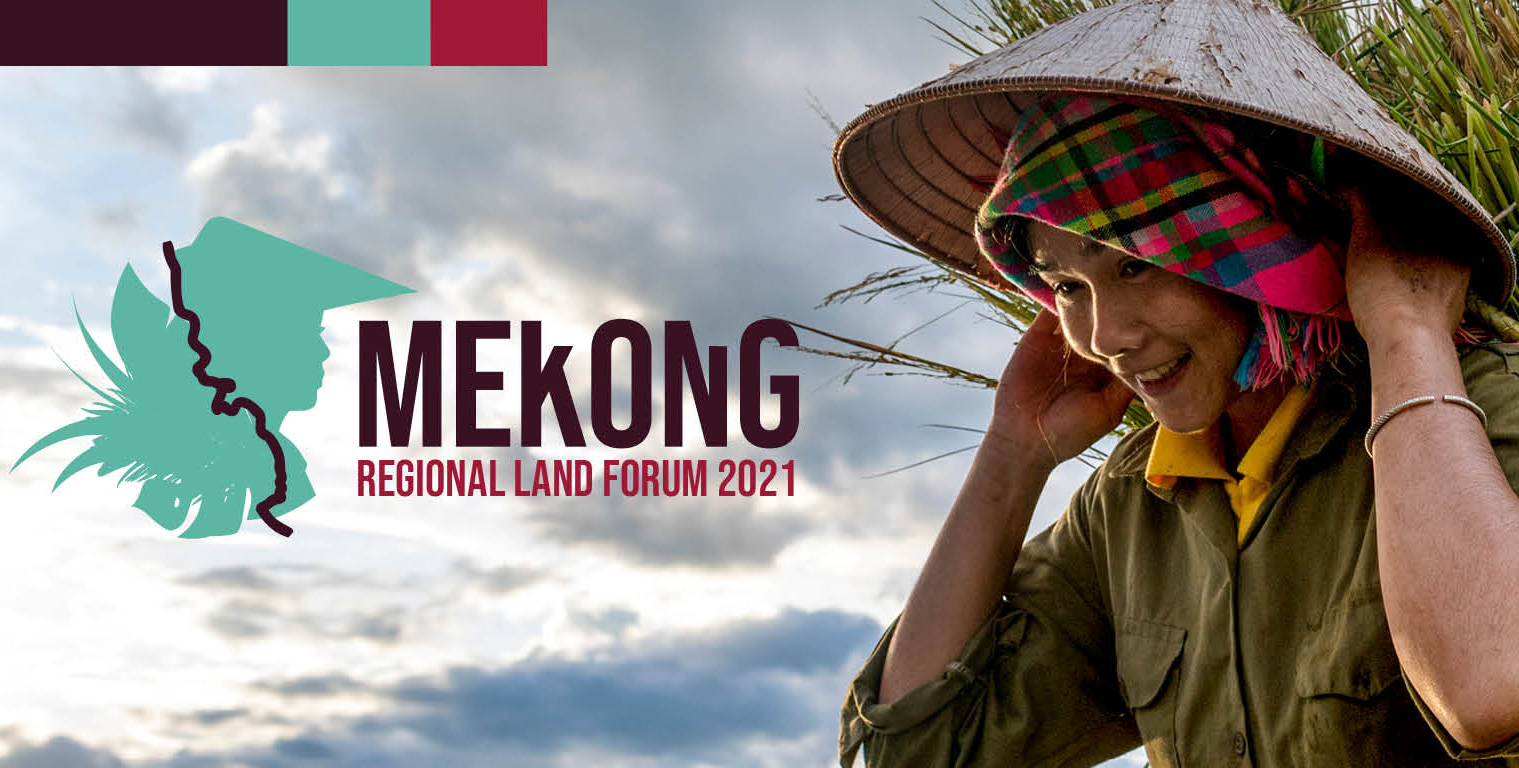Land tenure in Mekong forest landscapes: advancing the recognition of customary rights and responsible investment practices
Online
26-27 May 2021
Recent global disruptions associated with the Covid-19 pandemic have highlighted the dependence of Mekong region communities on land and forest resources. More widely recognised than ever, secure tenure and access to land and forests are preconditions for the sustainable management of the resources. The 3rd Mekong Regional Land Forum will bring together reform-minded actors within and beyond the region to engage in in-depth, interactive debate on issues that cut to the core of local tenure security and community resource management.
Day 1 of the Forum will focus on advancing customary and collective forest tenure rights. The first of these sessions will compare and examine experiences and approaches within national tenure regimes of the Mekong countries. The second session will situate these experiences within global trends, emphasising the potential for regional platforms such as ASEAN to foster more inclusive and grounded policies for the sustainable management of forests, with diverse benefits including securing local livelihoods, gender equity, and national commitments to biodiversity and climate change.
Day 2 of the Forum will focus on a key determining influence over smallholder tenure security within the Mekong countries: how to manage and respond to patterns and practices of investment in Mekong forest landscapes. The third session is aimed at ‘demystifying’ principles of Free, Prior and Informed Consent, principles that are designed to protect the rights of communities to land and resources while also protecting investments by avoiding land conflicts. The fourth session will highlight the potential effectiveness of tools such as the ASEAN Guidelines for Responsible Agricultural Investment in Food, Agriculture and Forestry (ASEAN-RAI) in steering agribusiness investments in Mekong forest landscapes towards a more sustainable future.
Each Forum session will be organized in four parts:
-
An expert review of the topic, complemented by two case study presentations
-
A panel discussion including experts and representatives from government and civil society, followed by questions from the public to the speakers and panellists.
-
In-person and online break-out groups, allowing further time for debate among participants around a specific experience, topic or question.
-
Summarization of key take-aways from the sessions to stimulate further action
The sessions will take place online, with in-person events in each of the Mekong countries. All the sessions will be in English, simultaneously translated in four languages: Khmer, Lao, Myanmar and Vietnamese. Participants at the in-person events in each country will have the opportunity to debate and exchange in their own national language, while online discussions will be in English only.
The event will use innovative tools to ensure an interactive experience and offer multiple means to share questions, answers and debate during the sessions and beyond.

